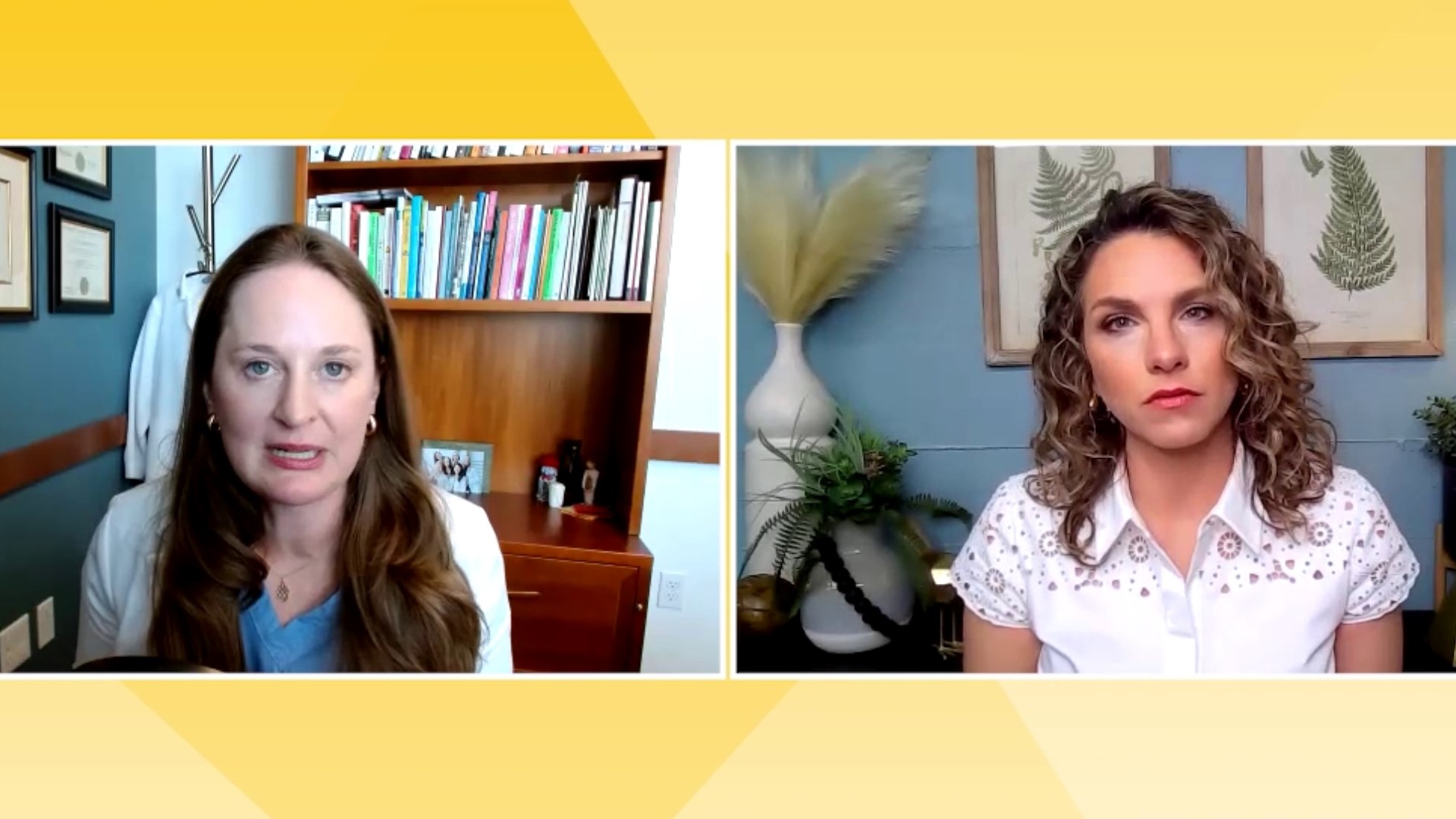SEATTLE — The overturning of Roe v. Wade has sparked emotion around the nation and in fertility clinics, in particular, it sparked fears of unintentional consequences.
If life starts at conception, are eggs fertilized in labs, deserving of all human rights provided? If that is so, how would that affect fertility treatments like in vitro fertilization (IVF)?
Currently, the overturned of Roe v. Wade does not impact IVF, as the law does not mention it, as reported by NBC. But, there have been concerns that Personhood Bills are coming, that is bills that would recognize fertilized eggs and fetuses as fully legal persons.
If this occurs, fertility treatments like IVF could be jeopardized, according to the same report by NBC.
IVF works by combining sperm and eggs to create embryos in a lab, which are later inserted into a person’s uterus. It is also common practice to test these eggs and fertilize several of them and store them in freezers for future IVF cycles.
Although the practices are common and meant to help people get pregnant, the statement of these potential laws is what has sparked fears among fertility doctors. If these bills become law, things like genetic testing and freezing embryos could be considered as harming the embryo, according to Dr. Lora Shahine, a Seattle fertility doctor from Pacific NW Fertility.
This could negatively impact those who struggle with fertility or couples and individuals who cannot get pregnant on their own. In the U.S., two in 100 children are conceived via IVF.
Not every fertilized egg can hold to term, just like not every egg fertilizes, explained Shahine.
Shahine isn’t the only one worried.
"If a law is written to establish personhood of a fertilized egg or an embryo, for example, then discarding an embryo would violate that law. It would be considered homicide," Priscilla Smith, director of the Program for the Study of Reproductive Justice at Yale Law School, said to NBC.
Yet, the real consequences of these bills are not going to be known until we know exactly what language is used, NBC reports.
"What happens to IVF pre-implantation embryos in the freezers? Can couples, patients decide to discard them or not?" said Susan Crockin to NBC. Crockin is a legal scholar at Georgetown’s O’Neill Institute for National and Global Health Law. "It’s going to depend on the language of the statute and the tenacity of individual prosecutors who are interpreting it."
Although Washington has protected abortion rights into law, for Shahine what this means is that personhood bills can potentially force people to go to other states, which would increase the cost and thus decrease accessibility.
But Shahine says even without personhood laws there are risks to the overturning of Roe v. Wade.
“One of the things that people don’t realize is this kind of birth at any cost can actually really do harm to people that are trying to build their families,” said Shahine. “There are times when people are pregnant with a baby with multiple anomalies that is just not going to make it to term or if it is delivered it’s not going to live for very long. And asking someone to carry this pregnancy until term, go through the labor and delivery process, maybe even a C-section, not only is it impacting mental health and emotional wellness, but there are complications in delivery that might impact somebody’s ability to have a future child.”
As Shahine puts it, there are risks to limiting medications that can help someone safely recover from a pregnancy loss.
“I think that people think that pregnancy is, I hate the word, natural and healthy and beautiful," Shahine said. "Pregnancy is risky and you know things can happen.”

